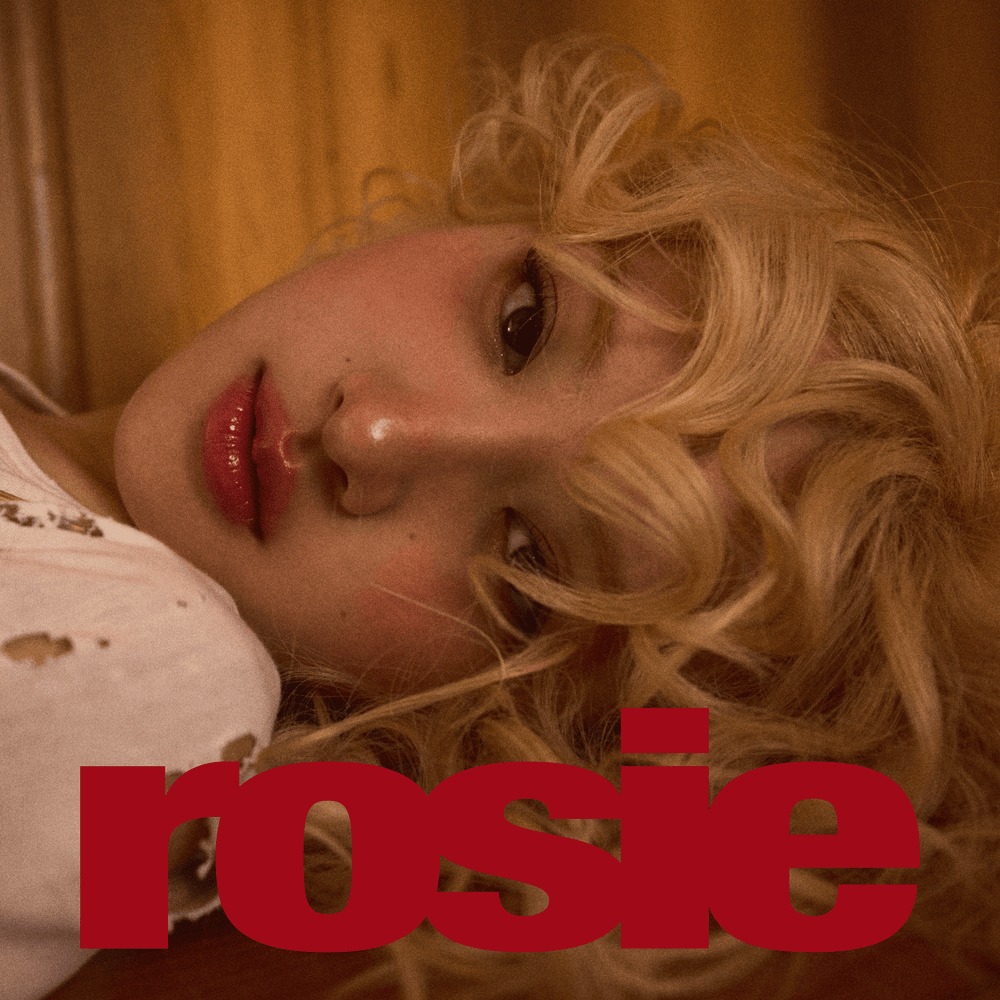With her debut solo album “rosie” released in December 2024, BLACKPINK member Rosé unveils a more personal side of herself, contrasting the meticulously polished world typically associated with K-Pop groups. “rosie” follows the years of Rosé’s success as part of BLACKPINK, the globally known K-Pop group she shares with Lisa, Jennie and Jisoo. Although “rosie” is the artist’s first solo album, she’s no stranger to working alone—Rosé had already debuted solo with the 2021 singles “On the Ground” and “Gone.” Furthermore, prior to the launch of “rosie,” she collaborated with Bruno Mars on the single “APT” in October 2024, which spent nine weeks on the Billboard Global 200 chart. Whether she can fully separate herself from her old group remains to be seen.
“I cannot wait for you to listen to this little journal of mine. Rosie is the name I allow my friends and family to call me. With this album, I hope you all feel that much closer to me,” Rosé shared in an Instagram post announcing the album release. Across the album’s 12 tracks which Rosé co-wrote, Rosé seeks to offer fans a deeper look into her personal world—something that wasn’t possible with her previous group releases. However, the effort feels somewhat limited, as the album leans heavily on breakup themes, leaving listeners wishing to explore other facets of her personality.
The album begins with “number one girl,” a ballad exploring themes of loneliness, insecurity and vulnerability. In an interview with Apple Music 1, Rosé revealed that she wrote the song after encountering online hate comments following an event she attended. The track begins with the lines, “Tell me that I’m special, tell me I look pretty / Tell me I’m a little angel, sweetheart of your city / Say what I’m dying to hear.” These words not only set the tone for the song but also establish an emotional foundation for the album as a whole.
The album’s theme then transitions to focus on the aftermath of a breakup, reflecting Rosé’s emotional journey. In “toxic till the end,” Rosé captures the turbulence of an on-again, off-again relationship and also her role in the toxicity. In “3am” she admits, “I just saw a red flag / Gonna pretend I didn’t see that.” While these tracks are lyrically rich and thematically compelling, the album’s heavy reliance on breakup narratives feels somewhat unbalanced for an album aimed to be a personal exploration of her identity. This focus leaves listeners also wishing for a broader glimpse into Rosé’s multifaceted experiences beyond heartbreak.
On a brighter note, “APT” offers a refreshing contrast to the album’s more emotionally-charged numbers. Inspired by the popular Korean drinking game of the same name, this lighthearted and upbeat track showcases Rosé’s playful side, although lyrically it isn’t as strong as other tracks. Its lively energy contradicts the somber tones of songs like “stay a little longer” and “call it the end.” A New Zealand-born Korean singer, Rosé chose to record all the songs on the album in English, broadening its accessibility and appeal. Yet, as evident with “APT,” she weaves in aspects of her Korean culture. More depth would have been added to the album to see this cultural integration carried through more consistently across other tracks on the album, further highlighting the multifaceted nature of her artistry.
Rosé debuted as a member of BLACKPINK when the agency YG Entertainment launched the group in 2016. The 2020 Netflix film “BLACKPINK: Light Up the Sky” follows Rosé, Lisa, Jennie and Jisoo’s several-year-long training to become K-Pop stars. Now, after nearly a decade of success with BLACKPINK, Rosé has the opportunity to carve out her own personal sound, free from the constraints of a group or an agency. While “rosie” showcases her vocal and lyrical strength, it ultimately leaves listeners yearning for a deeper, more intimate exploration of her personal journey.



